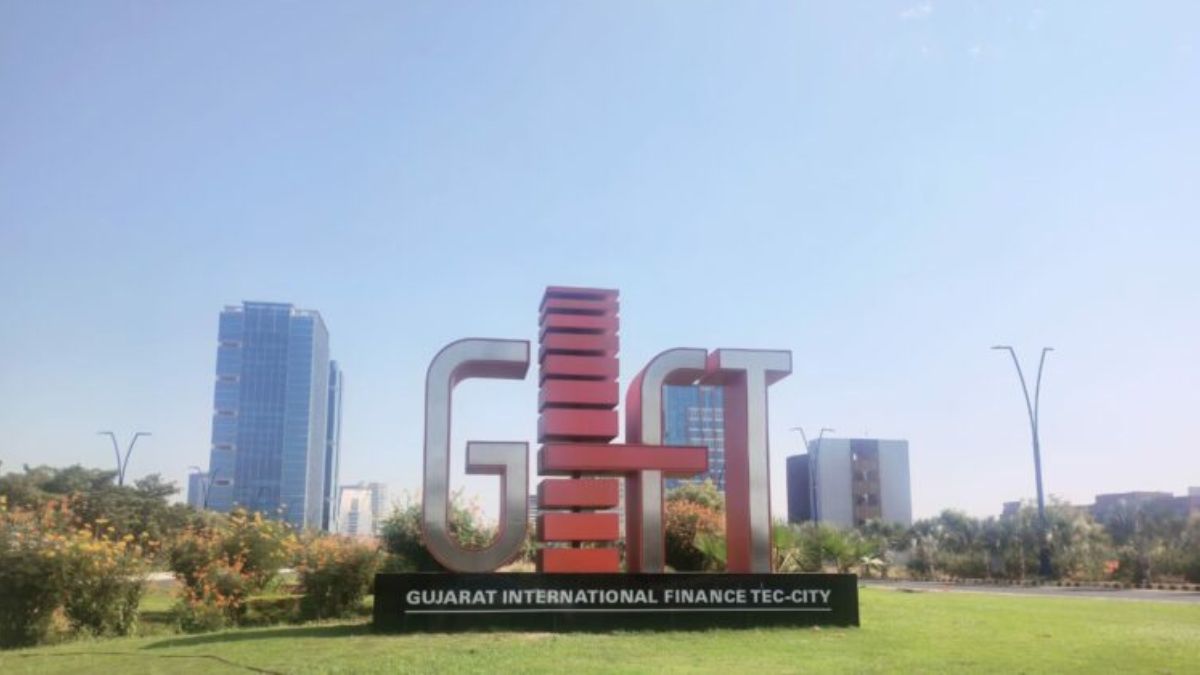Liquor Policy in Gift City Gandhinagar Falls Short of Expectations
Following the state government's announcement allowing the consumption of liquor in Gift City, there was a surge in interest

Advertisement
Gandhinagar, Gujarat : The liquor policy designed for Gift City in Gandhinagar has not lived up to its expectations. Since its implementation, Gift City has received only 550 applications for liquor permits, and licenses have been granted to just two hotels under the wine and dine policy.
Out of the thousands of employees working in Gift City, only 550 have received permission to consume alcohol. The policy, which was intended to cater to international guests and residents, has seen limited uptake. Despite the thousands of employees in the area, the number of liquor permit holders remains disappointingly low.
Permits are issued by an authorized officer in Gift City. According to the Director of Narcotics Control, all actions are carried out following government instructions. Official visitors can obtain permission, but an FL3 type license is required for the permit. The FL3 license holder must keep a record of the quantity purchased, and regulations stipulate that one cannot drive after consuming alcohol and only individuals above 21 years of age are allowed to drink. Permits are also available to nationals from other states and foreigners.
Initially, there was speculation that the liquor policy would increase the demand for memberships at the Gift City Club. Following the state government’s announcement allowing the consumption of liquor in Gift City, there was a surge in interest. In just 48 hours after the announcement, 107 people signed up for Gift City Club memberships. It was anticipated that this policy might lead to an increase in membership prices due to heightened demand. However, this has not been the case. Despite a rise in inquiries about club membership, there has not been a significant increase in memberships.
The limited number of applications for liquor permits, standing at only 550, suggests that the anticipated surge in demand for club memberships and the associated increase in membership prices is unlikely. The policy’s impact on the local economy and social environment appears to be minimal so far.
Advertisement

